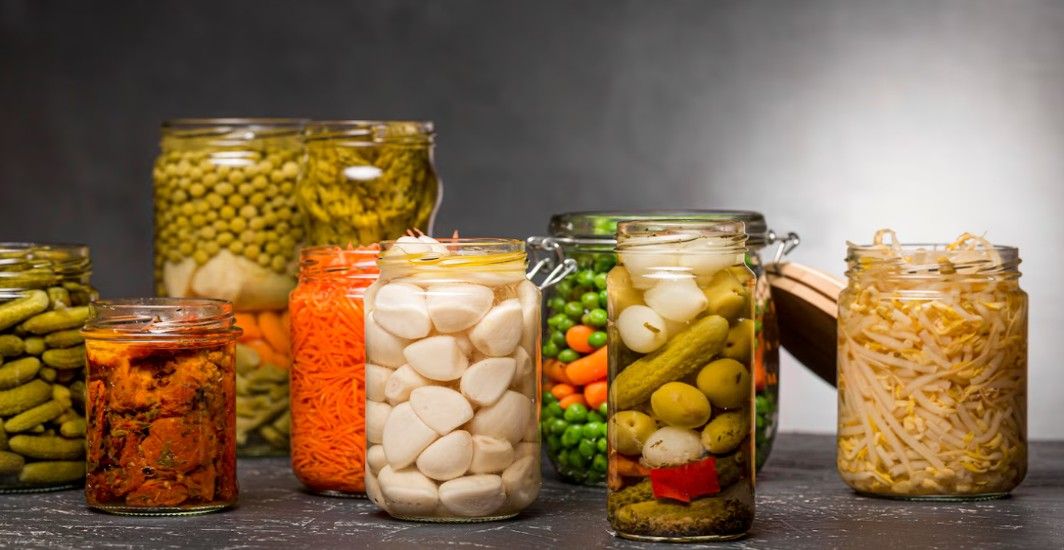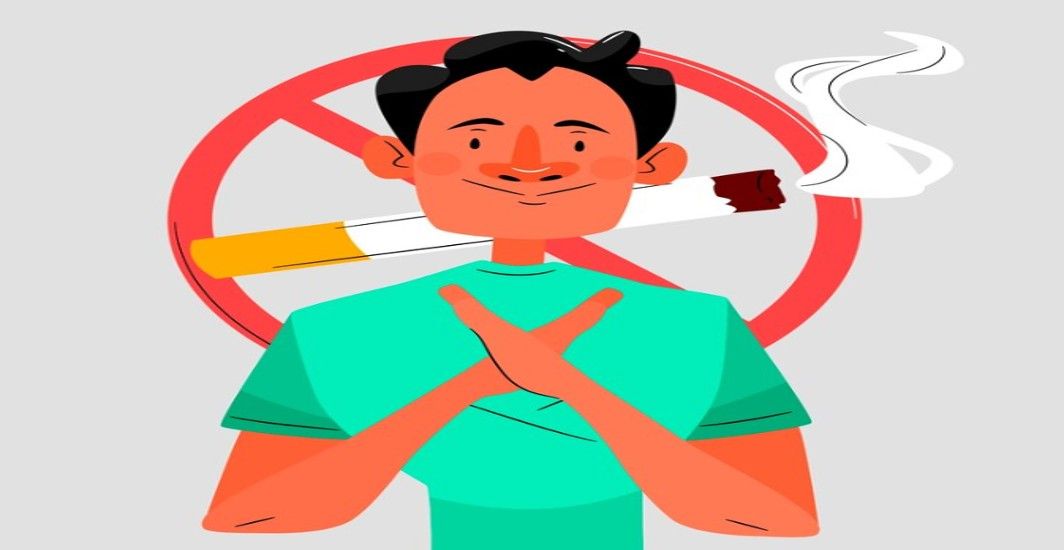Diabetes Management
Examining the Relationship Between Chewing Tobacco and Blood Sugar
1 min read
By Apollo 24|7, Published on - 21 June 2024
Share this article
0
0 like
.jpg?tr=q-80)
Tobacco, known for its harmful influence on health, has been linked to various diseases, including cancer and cardiovascular disease. But did you know it could also affect your blood sugar levels? Particularly for individuals managing diabetes, this connection could mean significant changes in their daily routine.
Nicotine and Sugar in Chewing Tobacco
Chewing tobacco is full of nicotine and sugar, both of which can affect blood glucose levels. Nicotine, a prominent compound in tobacco, can lead to an increase in blood sugar levels by impacting insulin sensitivity and enhancing insulin resistance. This means your body may struggle more to convert glucose into energy, resulting in raised sugar levels in your blood.
Additionally, the added sugar often found in chewing tobacco can further disrupt blood glucose control. The juice from chewing tobacco, especially if swallowed, can lead to a significant spike in blood sugar levels.
Chewing Tobacco as a Risk Factor for Diabetes
Research suggests that smokeless tobacco use is not just harmful but could also be a risk factor for type 2 diabetes. Regularly consuming chewing tobacco may increase the chance of developing diabetes due to its impact on insulin sensitivity and contribution to higher sugar levels in the blood.
Monitoring Blood Sugar Levels
If you regularly use smokeless tobacco products, it's critical to consistently monitor your blood sugar levels. The Apollo Super 6 programme, centred around healthy lifestyle changes and ongoing support, offers an integrated way to manage diabetes effectively.
Be aware of the potential impact of chewing tobacco on your health, and consider seeking professional advice if you're struggling to maintain optimal blood sugar control.
Diabetes Management
Consult Top Diabetologists
View AllLeave Comment
Recommended for you

Diabetes Management
The Connection Between Diabetes, Fermented Foods, and Gut Health
Balancing diabetes can be challenging. However, simple dietary changes like including fermented foods can help improve your health. Rich in probiotics, these foods can boost your gut health, enhance nutrient absorption, and aid in better blood sugar control. However, it is important to consult with a doctor before making any significant dietary changes.
.jpg?tr=q-80)
Diabetes Management
Best Tips for Managing Diabetes with Food Allergies
Managing diabetes with food allergies is a balancing act that requires careful dietary planning and regular consultations with your doctors. Incorporating nutrient-rich foods, identifying and avoiding allergens, addressing micronutrient deficiencies, and staying hydrated are key strategies. An integrated approach, coupled with support from programmes like Apollo Super 6, can help you manage this challenge successfully.

Diabetes Management
Prediabetic's Path to Healthier Living: Quiting Alcohol and Smoking
Managing prediabetes means taking control of your lifestyle choices. For those who consume alcohol or smoke regularly, now is the time to reconsider these habits. By moderating alcohol consumption and quitting smoking, you can improve your health and reduce the risk of progressing to type 2 diabetes.
Subscribe
Sign up for our free Health Library Daily Newsletter
Get doctor-approved health tips, news, and more.
Visual Stories

8 Fruits That are Incredibly Healthy for Diabetes
Tap to continue exploring
Recommended for you

Diabetes Management
The Connection Between Diabetes, Fermented Foods, and Gut Health
Balancing diabetes can be challenging. However, simple dietary changes like including fermented foods can help improve your health. Rich in probiotics, these foods can boost your gut health, enhance nutrient absorption, and aid in better blood sugar control. However, it is important to consult with a doctor before making any significant dietary changes.
.jpg?tr=q-80)
Diabetes Management
Best Tips for Managing Diabetes with Food Allergies
Managing diabetes with food allergies is a balancing act that requires careful dietary planning and regular consultations with your doctors. Incorporating nutrient-rich foods, identifying and avoiding allergens, addressing micronutrient deficiencies, and staying hydrated are key strategies. An integrated approach, coupled with support from programmes like Apollo Super 6, can help you manage this challenge successfully.

Diabetes Management
Prediabetic's Path to Healthier Living: Quiting Alcohol and Smoking
Managing prediabetes means taking control of your lifestyle choices. For those who consume alcohol or smoke regularly, now is the time to reconsider these habits. By moderating alcohol consumption and quitting smoking, you can improve your health and reduce the risk of progressing to type 2 diabetes.

